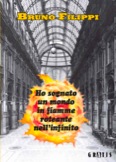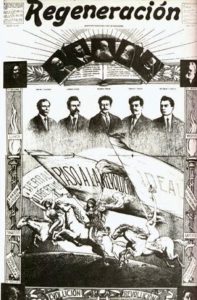Adeline Champney
A Study of Conduct, from the Viewpoint of the Man Awake
When we were little we were taught to mind. It used to be the fashion to teach children to mind. Obedience was the sine qua non of childhood. A child with a will of its own was marked for special discipline at the hands — often, literally at the hands — of the alarmed parent. A will of its own was a dangerous possession and must be broken at all costs. So the little will was broken; the costs were too often handed down, even unto the third and fourth generation.
On the whole we learned to mind; learned it so well that most of us have minded ever since, becoming devout Christians and exemplary citizens; following the beaten path, thinking the time worn thoughts, moulding our lives after the antique pattern esteemed by our ancestors. To be “good” was to do as we were told — “ours not to make reply, ours not to reason why” — ours to conform to the adult life around us, and to cause as little inconvenience as possible. This was the ideal of juvenile “goodness,” and to be “good” was the most important thing in life. If it did not so appear to our childish minds, it was made so, very much so. Not only were we inflicted with punishments and enticed with rewards, but to offset the human tendency to concealment which naturally followed such treatment, we were assured that God was watching us, and that not merely every act but indeed every thought was “under the law” and subject to the everlasting wrath of the Almighty, “who slumbers not nor sleeps.” With the sacred ten commandments, the laws of the land, personified by the brass-buttoned policeman, and the arbitrary say-so of parents and teachers and other adults too numerous to mention, our little lives were bounded on the north, south, east and west by Authority, and in the sky above lowered the Awful Presence.









